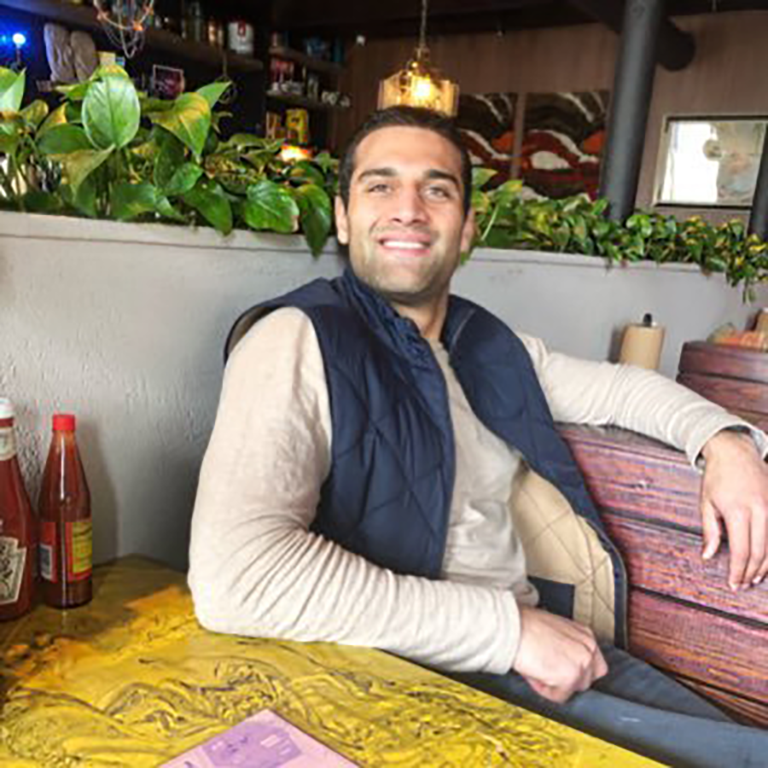08-21-2023
Meet the Researcher: Neil Carleton

The KTB is pleased to introduce you to Neil Carleton, currently in his fourth year of training for an MD/PhD at the University of Pittsburgh.
Note: We provide an ongoing glossary just in case you need some explanation of terms.
Q: How did you find out about the Komen Tissue Bank, and why did it interest you?
Both of my mentors, Adrian Lee and Steffi Oesterreich, have been involved with Komen (Adrian Lee is on the Scientific Advisory Board and Steffi Oesterreich is a Komen Scholar) and thus were quite familiar with the resources at the Komen Tissue Bank. The Komen Tissue Bank is one of the few centers across the country where researchers can procure non-cancerous, normal breast tissue. At the University of Pittsburgh Medical Center, we can procure normal, tumor-adjacent tissue; but the non-cancerous tissues from Komen Tissue Bank allow us to ask different research questions!
Q: What types of samples have you obtained from the Komen Tissue Bank?
We are particularly interested in changes in the breast and blood with age with a specific focus on changes in older women (those ≥ 70yo). We obtained 90 matched tissue and blood samples; thirty from each of the three age groups we are interested (35-45yo, 55-69yo, and ≥ 70yo).
Q: What do you hope to discover/have you discovered in your research?
We initially hypothesized that changes to the inflammatory conditions and hormone biology in older women may specifically contribute to the growth and development of ER+ tumors. We have found, so far, that in older women, estrone (E1) becomes dominant form of estrogen levels, both circulating and in the aged breast tumor microenvironment. We’ve also found higher levels of certain inflammatory markers in the blood and aged breast as well. Higher levels of estrone in the breast are associated with higher levels of IL-8 and CXCL9.
Q: How will the Komen Tissue Bank samples help with your research? What value do they add?
So far, all of our data has come from tissues and blood from patients with ER+ breast cancer. The Komen Tissue Bank samples will help us identify how inflammatory markers and estrogen biology changes in the context of “normal aging” outside of cancer. This may help us to identify cancer-specific changes in older women.
Q: Please explain in lay terms how your research might impact treatment options for BC patients in the future?
Eventually, we hope to identify specific inflammatory and hormonal changes in older women with ER+ breast cancer. Following this work on patient specimens, we hope to further investigate some of the pathways in vitro and in vivo and in the process identify a targetable pathway that is unique to older patients. This may help us to better prevent these tumors from forming in the first place, or better stop these tumors from growing once they’ve formed.
Q: Our readers would love to know some personal information about you. Tell us anything at all that you feel comfortable talking about.
Outside of the lab and clinic, I love spending time with our two dogs, Otis (big brother) and Stevie (little sister)! My fiancé and I are currently planning our wedding, so that is taking up a lot of our time. (editor’s note: this interview took place quite a while ago, and the wedding may already have taken place. If so, congratulations from the KTB!)




